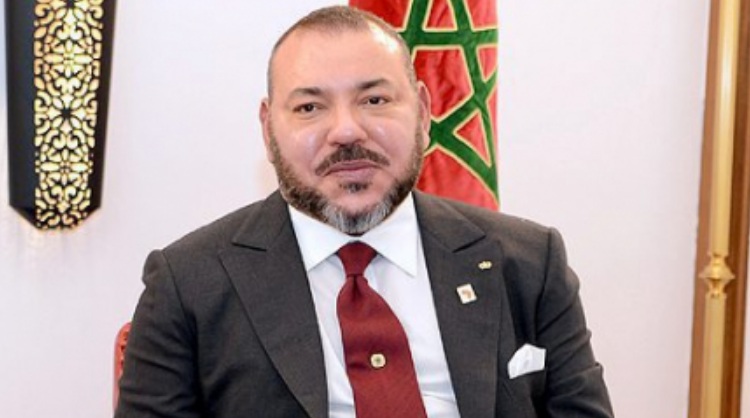The Diplomat
Morocco’s King Mohamed VI on Saturday welcomed Spain’s “clear and responsible” stance on the “Moroccanness” of Western Sahara.
The monarch’s remarks came during a speech on the occasion of the 69th anniversary of the King and People’s Revolution, the official name of the nationalist uprising against the French colonial authorities.
Following the Spanish government’s support in March for Morocco’s autonomy plan in the face of the independence ambitions of the Sahrawi independence movement of the Polisario Front, Mohamed VI said in the speech: “We appreciate the clear and responsible stance of Spain, our neighbour, which is well aware of the origin and the reality of this dispute”.
In his speech, reported by the official Moroccan news agency MAP, the monarch assured that the “immovable stance of the United States” in favour of the autonomy plan has made it easier for “numerous countries of great weight to express their support and positive consideration for the initiative” of Rabat to resolve this “artificial” dispute.
This “constructive stance” expressed by the United States and Spain will contribute, according to Mohammed VI, “to opening a new page in the relations of trust and the strengthening of the quality partnership with these friendly countries”.
The monarch also addressed other countries that have not yet openly pronounced themselves on the Western Sahara issue, calling on them to clarify their stance.
“We hope that some countries, among Morocco’s partners, both traditional and new, which adopt unclear positions on the Moroccan Sahara, will clarify their positions and review their content, in a way that does not admit of interpretation”, he said.
The Polisario Front responded in March to Spain’s support for the Moroccan autonomy plan by asserting that this support does not change the fact that from the point of view of international law Western Sahara, in its view, remains a non-self-governing territory for which a process of decolonisation must be completed.
The government’s decision provoked a diplomatic crisis with Algeria, whose authorities responded by recalling its ambassador to Madrid for consultations and halting trade with Spain, although Algiers did not cut off gas supplies to Spain.







